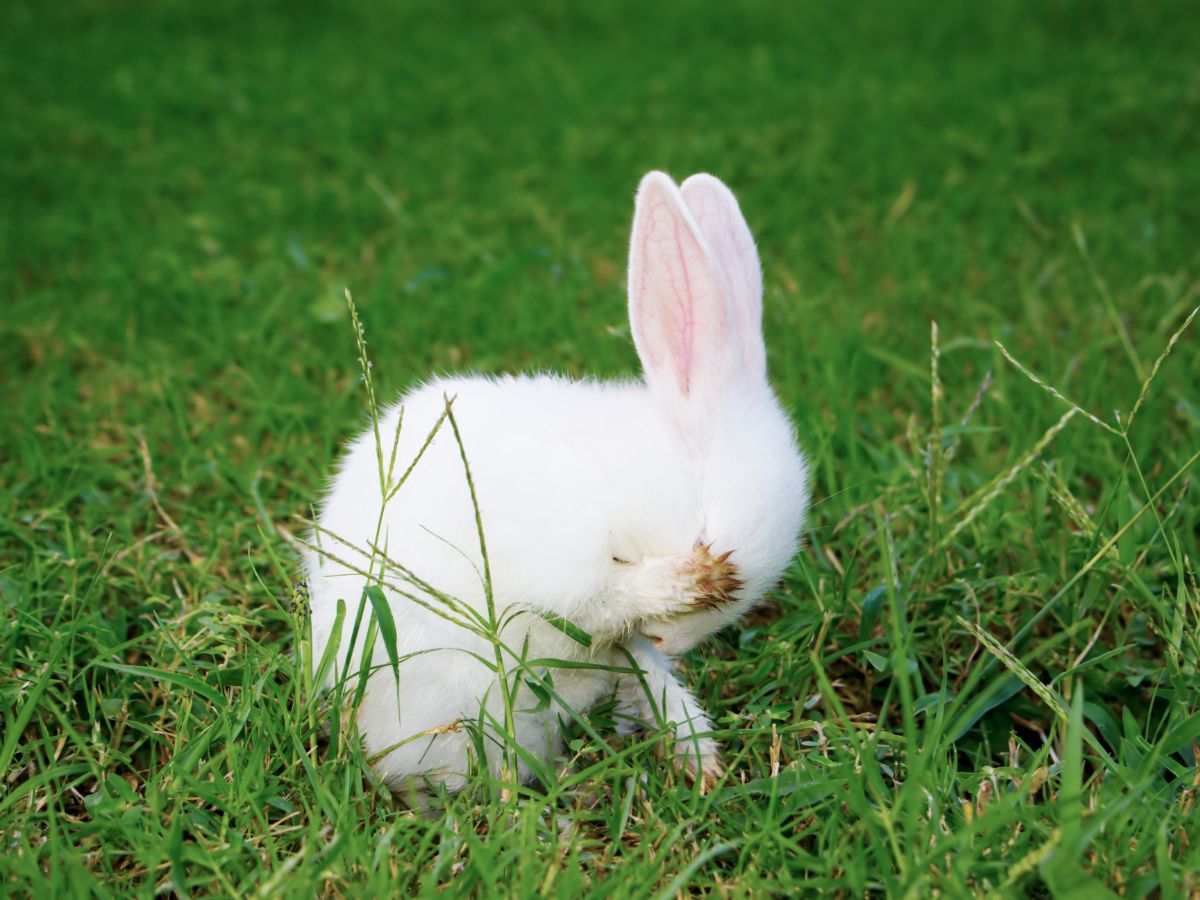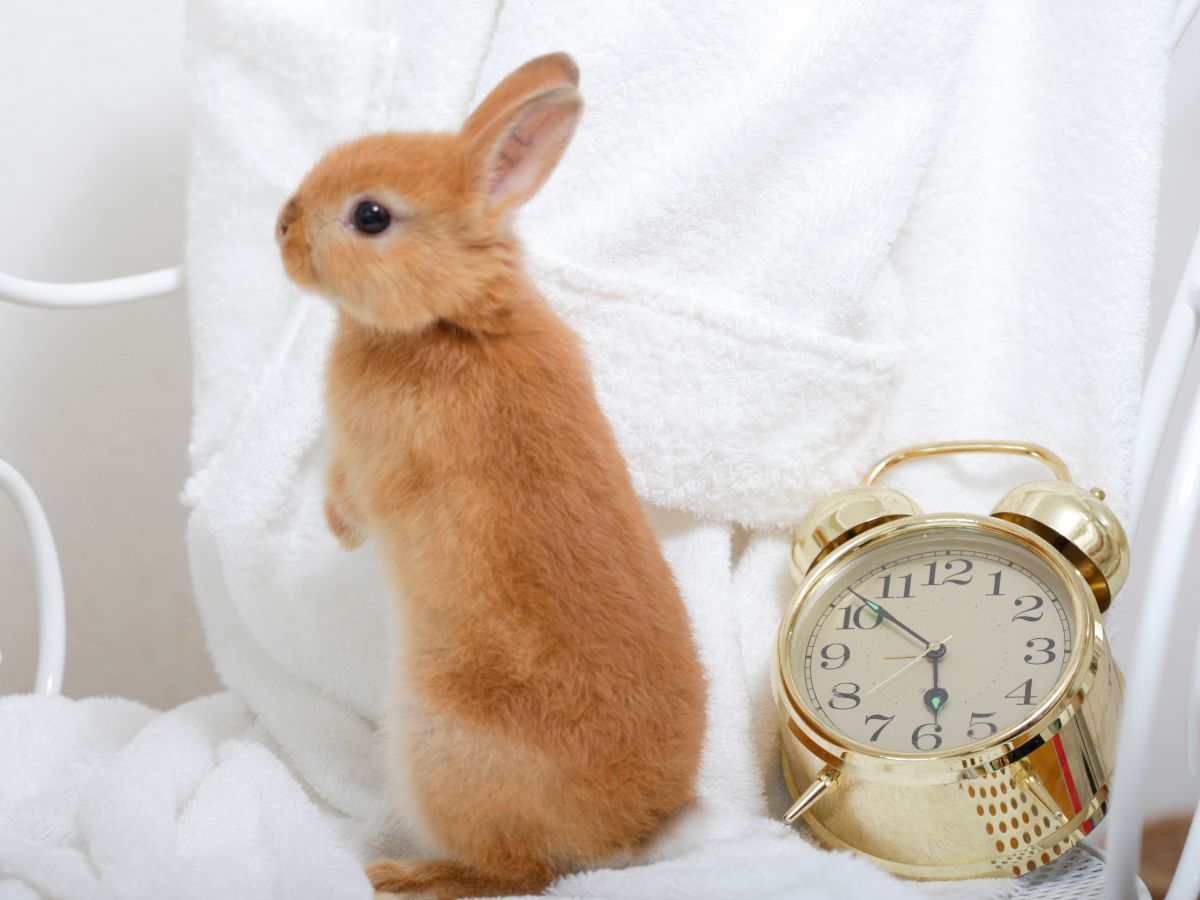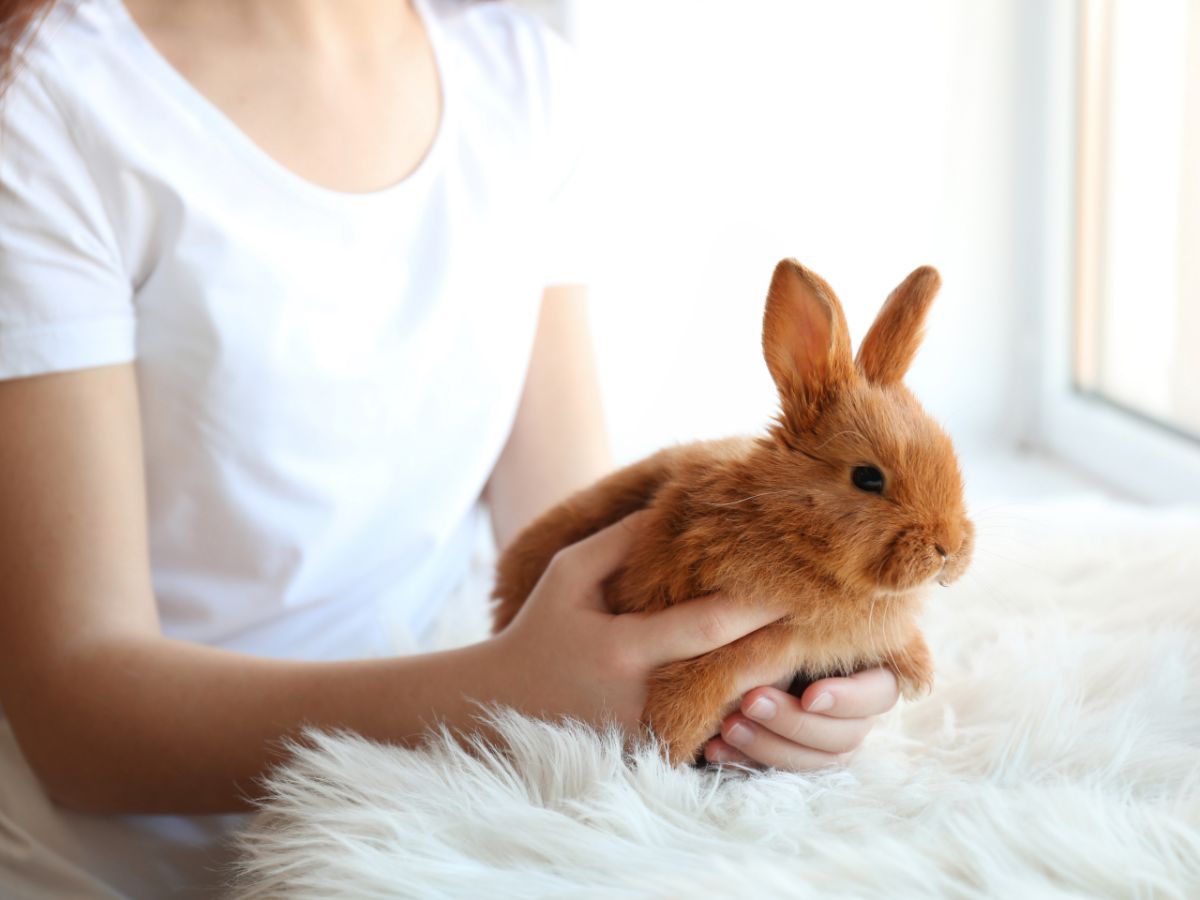Rabbits are cute animals and make excellent pets. They are also affectionate and playful. They each have their unique personality. Pet rabbits are described as sweet and adventurous. Never underestimate their size; they know how to be dramatic! Like all other animals, rabbits require a lot of attention, especially concerning their health.
Not all flea medications are suitable for rabbits. Generally, topical solutions are safe. If you suspect your rabbit has fleas, take a comb and soap, and check its fur. It is also advisable to let a vet check your rabbit for fleas and provide advice on the best treatment options.
When you have a pet rabbit, it’s essential to check what food it consumes. It is pivotal for your rabbit to get enough nutrients. It’s not uncommon for rabbits to get fleas. It causes scratching and can make them irritable. There are numerous ways to treat your rabbit. Let’s investigate and find out what the best options are.
Contents
Can You Treat Rabbits With Fleas?
There are no rabbit-specific drugs for flea management on the market, but don’t worry; not all is lost! Thankfully, your rabbit can be treated for fleas. Rabbits can use products used for dogs and cats to control fleas, but it should only be done by a veterinarian familiar with rabbits. These products are known as ‘off label, but they can help your furry friend and the treatment of its fleas.
How Can You Treat Your Rabbit With Fleas?
One option to treat your bunny for fleas is to comb through your bunny’s fur thoroughly. Then dip the comb in warm soapy water or alcohol. The warm soapy water or alcohol will remove the fleas from the comb. The fleas will drown in the water and alcohol. Make sure you rinse the comb again before using it on your bunny. If you repeat this action, it will help remove fleas.
Bunnies are particularly difficult to treat. Manufacturers of flea and tick meds have not yet released flea products for use on rabbits. This makes the treatment of fleas very difficult. Certain products used on cats and dogs can help treat rabbits’ fleas. Your vet can implement a rabbit-safe topical solution. These topical solutions include “Advantage,” “Revolution,” or “Program.”
Bunnies have susceptible systems. Using the wrong flea treatment medication can cause severe illness. It can even be fatal if the wrong dose is used. Bunnies differ in size. Their size can vary from tiny 1-pound mini rabbits to 18-pound giant rabbits. It is therefore essential that the correct medication dosage is used.
How Do You Know Your Rabbit Has Fleas?
Your rabbit will be nibbling and scratching its skin a lot. The nibbling and scratching can lead to fur loss. Always check for flea bite marks if your rabbit starts to rub its skin excessively. Flea bite marks on your rabbit are very easy to identify; they will look like small red bumps on the skin. Upon further inspection, check for flea droppings – these droppings look like black dirt.
If your rabbit suffers from a significant flea infestation, it can make your bunny very ill. Since fleas suck blood, your rabbit can suffer from anemia. Your vet can treat this.
What Can Cause Your Rabbit To Get Fleas?
Bunnies love to spend time outdoors. This means you should be extra cautious with fleas. Your rabbit can easily pick up a flea while playing outdoors. Fleas jump from one animal to the next and can quickly jump onto your rabbit. They even jump on your shoes or clothes while you’re outdoors. This makes it easy for fleas to enter your house.
Fleas can jump high and can enter your home if your windows are open during the day. Your rabbit can catch fleas from one of your other animals like cats or dogs. Cats and dogs spend more time outside. The risk of catching fleas in cats and dogs is higher. Unfortunately, your rabbit can still get fleas even if it rarely goes out.
How Can You Prevent A Flea Infestation In Your House?
To prevent a flea infestation in your house, it’s advisable not to use harmful chemicals. Harmful chemicals will put your family and pets in harm’s way. You only need to take a few simple steps to treat your house. To ensure your home stays flea-free, it would be best to wash your pet’s bedding every week. The heat will kill all pests hiding in the fabric.
Vacuum your entire house, including hardwood floors. Dump the canister, after cleaning, into a garbage bag and make sure it is adequately sealed. Dispose of it. This whole process will help remove flea eggs, including larvae/pupae. These little imposters carry several diseases. Prevention is far better than cure, so check your rabbit and other animals for fleas.
Vets recommend treating all your pets in your household with tick and flea medication monthly. This will ultimately assist in breaking the flea life cycle. Consult with your nearest vet to find a good product.
What Flea Treatments Should You Avoid?
Certain products you should not consider as treatment options when treating your bunny for fleas. Below are two treatment options you should avoid when you want to treat your bunny with fleas.
- Flea collars effectively control fleas on dogs or cats. Medication coatings on these flea collars are offered in higher dosages and are unsafe for small, lightweight animals like rabbits. This medication is not ideal for rabbits.
- Flea Baths or Dips: Some pet grooming services or veterinary offices may offer dips or baths to combat fleas in animals. This treatment is not recommended for your rabbit since it is very harmful to your rabbit and can be fatal.
Can You Get Rid Of Fleas Naturally?
A lot of people believe in taking the alternative option instead of making use of conventional medicine. You can use apple cider vinegar in moderation to treat your rabbit with fleas. Only use 1 part vinegar and 1 part water. Once mixed, you can spray your rabbit with the mixture and rub it into their fur to eliminate fleas.
Your rabbit needs to stay hydrated. Apple cider vinegar, in small amounts, has health benefits for your bunny. If your bunny refuses to drink water infused with apple cider vinegar, don’t use it.
Conclusion
Bunnies are great pets, and their health should always be a priority, just like with your cats and dogs. You can ensure your bunny stays flea-free by combing it regularly to check for any signs of fleas. Do this especially if your bunny likes the outdoors. Always consult your vet to ensure your fur baby is in tip-top shape!.




